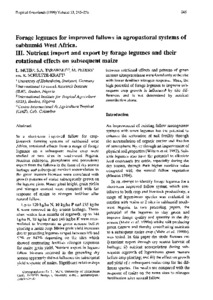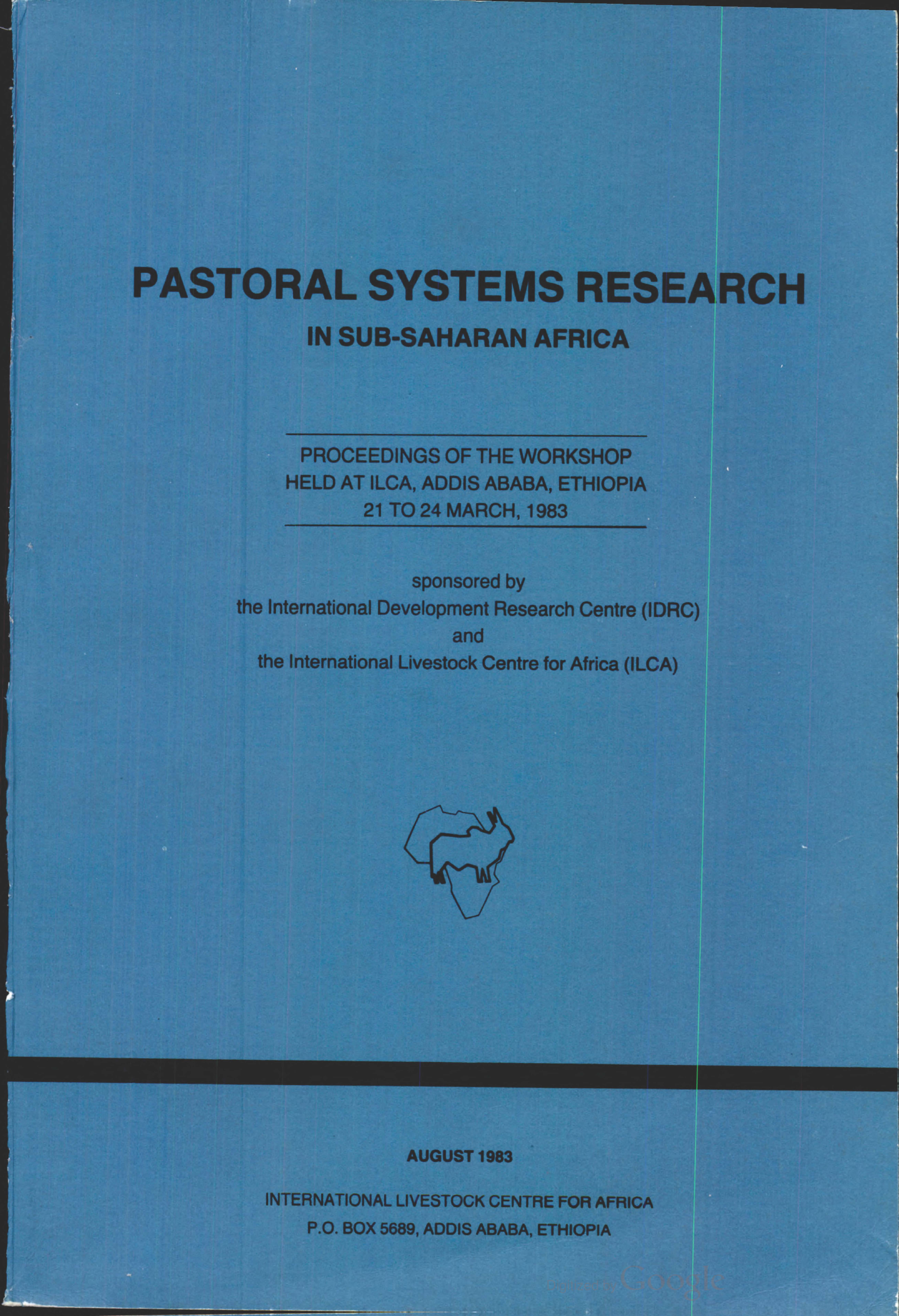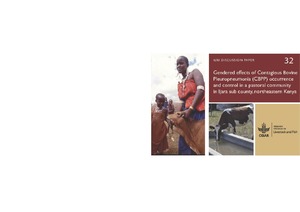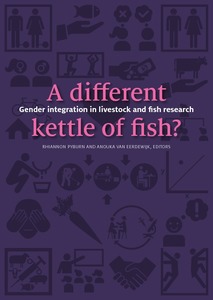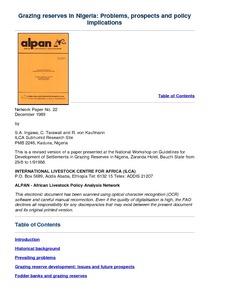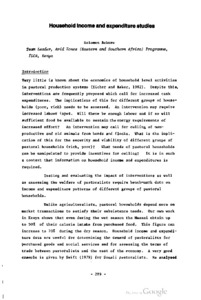Forage legumes for improved fallows in agropastoral systems of subhumid West Africa. III. Nutrient import and export by forage legumes and their rotational effects on subsequent maize
In a short-term improved fallow for crop-livestock farming systems of subhumid west Africa, rotational effects from a range of forage legumes on a subsequent maize crop were studied at two sites in south-west Nigeria. Nutrient (nitrogen, phosphorus and potassium) export from the fallows in the form of dry season herbage and subsequent nutrient accumulation in the green manure biomass were correlated with growth patterns of maize subsequently grown on the legume plots.

